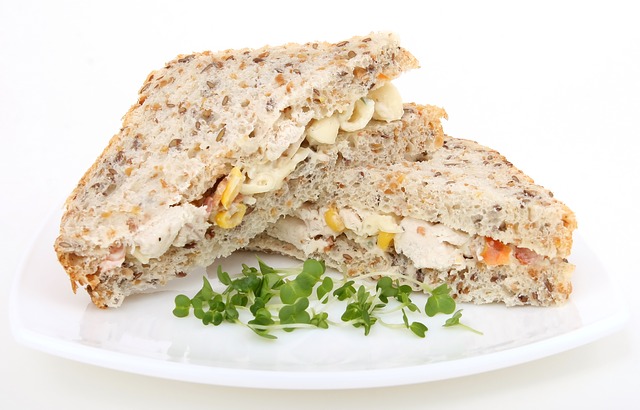Gout Diet – What to Eat, What Not to Eat
Gout is a painful type of Arthritis that occurs when high levels of uric acid in the blood stream cause crystals to form and accumulate in and around a joint. Uric acid is produced when the body breaks down a chemical called purine. Purine occurs naturally in your body, but it’s also found in many foods. Uric acid is eliminated in the body in urine. A gout diet may help decrease uric acid levels in the blood. Remember, a gout diet is not a cure. But it may lower the risk of recurring gout attacks and slow the progress of joint damage. People with gout diet generally still needs medication to manage the pain and to lower the levels of uric acid.

How does food affect gout?
If you have gout certain foods may trigger an attack by raising your uric acid levels. Trigger foods are commonly high in purines, a substance found naturally in foods. When purines are digested, your body makes uric acid as a waste product. Foods that commonly trigger gout attacks include organ meats, read meats, sea foods, alcohol and beer. They contain a moderate to high amounts of purine.
What foods Should you eat?
Although a gout friendly diet eliminates many foods, there are still plenty of low-purine foods you can enjoy. Here are some low-purine foods that are generally safe for people with gout:
- All fruits are generally fine for gout. Cherries may even help prevent attacks by lowering uric acid levels and reducing inflammation.
- All vegetables are fine, including potatoes, peas, mushrooms and dark leafy vegetables.
- Whole grains. These includes oats, brown rice and barley.
- Dairy products. All dairy products are safe, but low fat dairy is more beneficial.
- Eggs, beverages, coffee and green tea.
- Herbs and spices.
- Plant based oils including canola, coconut, olive and flax oils.
Following a gout diet can help limit uric acid production and increase its elimination.


